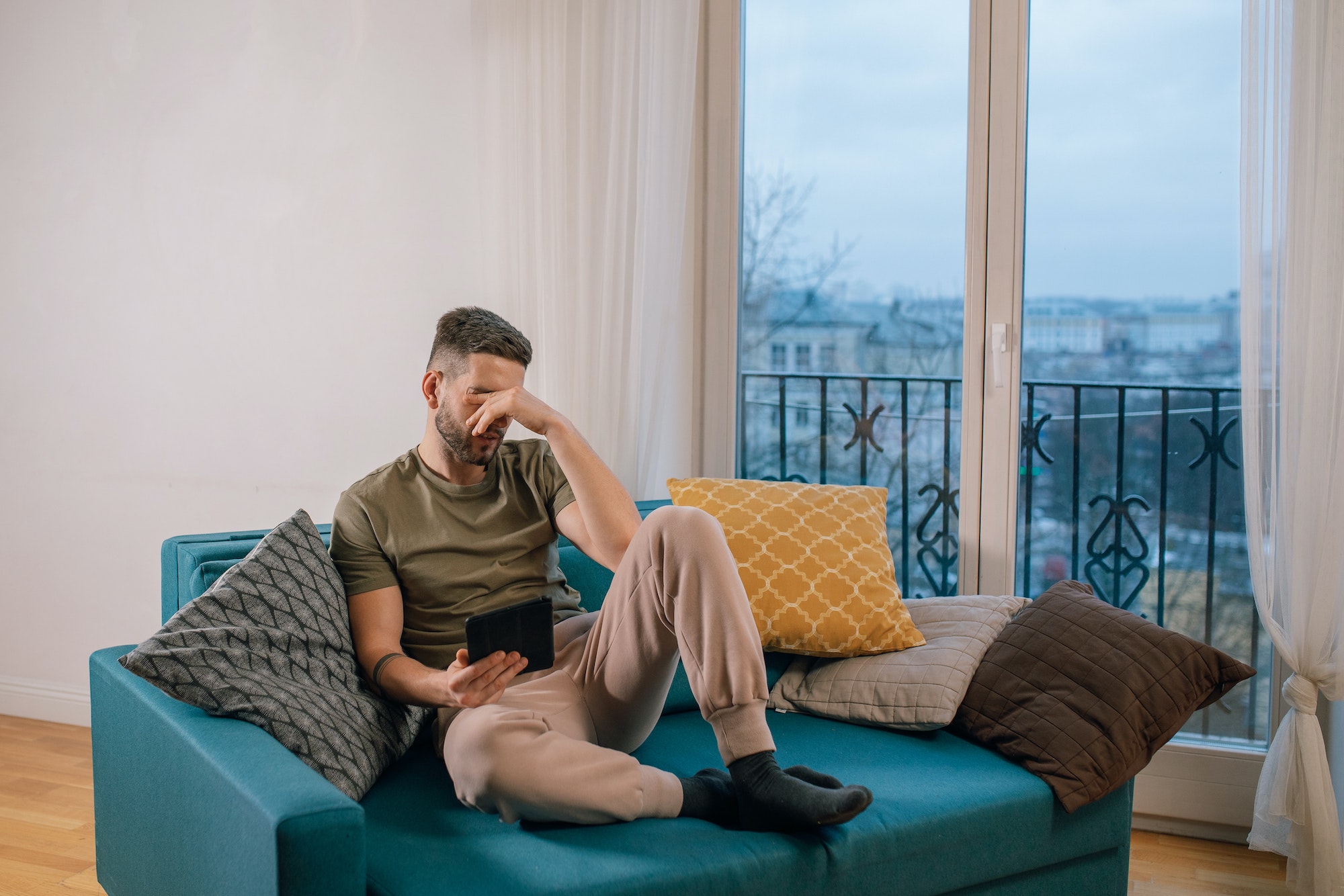Being happy in life starts with good mental health. If we don’t have that, we won’t be happy. It is easy to get caught up in placing our attention on things that we want in life, rather than being content and grateful for what we already have. We think that once I get this or that I will be happy. And you might be, for a while. Until the mind feels that it needs something else in order to be happy. That is a cycle that never ends.
Good mental health means having peace of mind. It is normal and natural to feel stress, anxious, or down at times. But with good mental health we are able to recognize why we are feeling that way and promptly make the changes to feel better again. You return to a place of being comfortable within yourself and having inner peace regardless of what might be going on around you.
How does a person become mentally healthy?
Mental health is similar to physical health in that we need to do something to have it. Being physically fit does not come from doing nothing. It requires doing something every day to build and maintain it. Mental health is the same. It doesn’t happen by itself; we need to do something to get it and keep it.
Many people will put the effort and commitment into getting in shape, mentally or physically, but don’t maintain it. Somehow, they think that now that they have it they will always have it. We know that in order to keep it we need to continue to make it part of our daily lives. Once we make this commitment it no longer feels life effort. It’s a daily habit just as brushing our teeth or taking a shower is. We grow to look forward to it because of how good we feel when we do it.
Here are few things that will help build and maintain good mental health:
- Start your morning off by sitting quietly. Notice the silence in the room. Let your mind be still, free from thought. Or sit outside and place your attention on nature. The trees, flowers, bushes, the breeze. Just notice them without thought.
- Go online or get a book of Daily Affirmations. Take a few minutes to really take in what that positive daily message is and focus on that throughout the day. This is especially helpful when negative thoughts try to pull you along into thinking about them.
- Be aware of what you are putting into your body. Sugar, processed foods, and fast foods have a big impact on our mental and physical health. You will notice and feel the difference as you begin to eat healthier.
- Nature is mentally and emotionally healing. Spend as much time as you can outside on a daily basis.
- Exercise has a large impact on our mental health. Make strength training, cardiovascular exercise, and stretching part of your daily life.
- Go to therapy. Therapy can identify whatever it is that is limiting you from enjoying your life and having inner peace. If you have been in therapy previously, you may just need two or three sessions to get you back on track.
Take the steps to build and maintain good mental health. Start today! You have the discipline and self-motivation to do it. Do it every day until it becomes a natural part of your life. You will soon find yourself looking forward to it because of how good it makes you feel. You deserve it!






